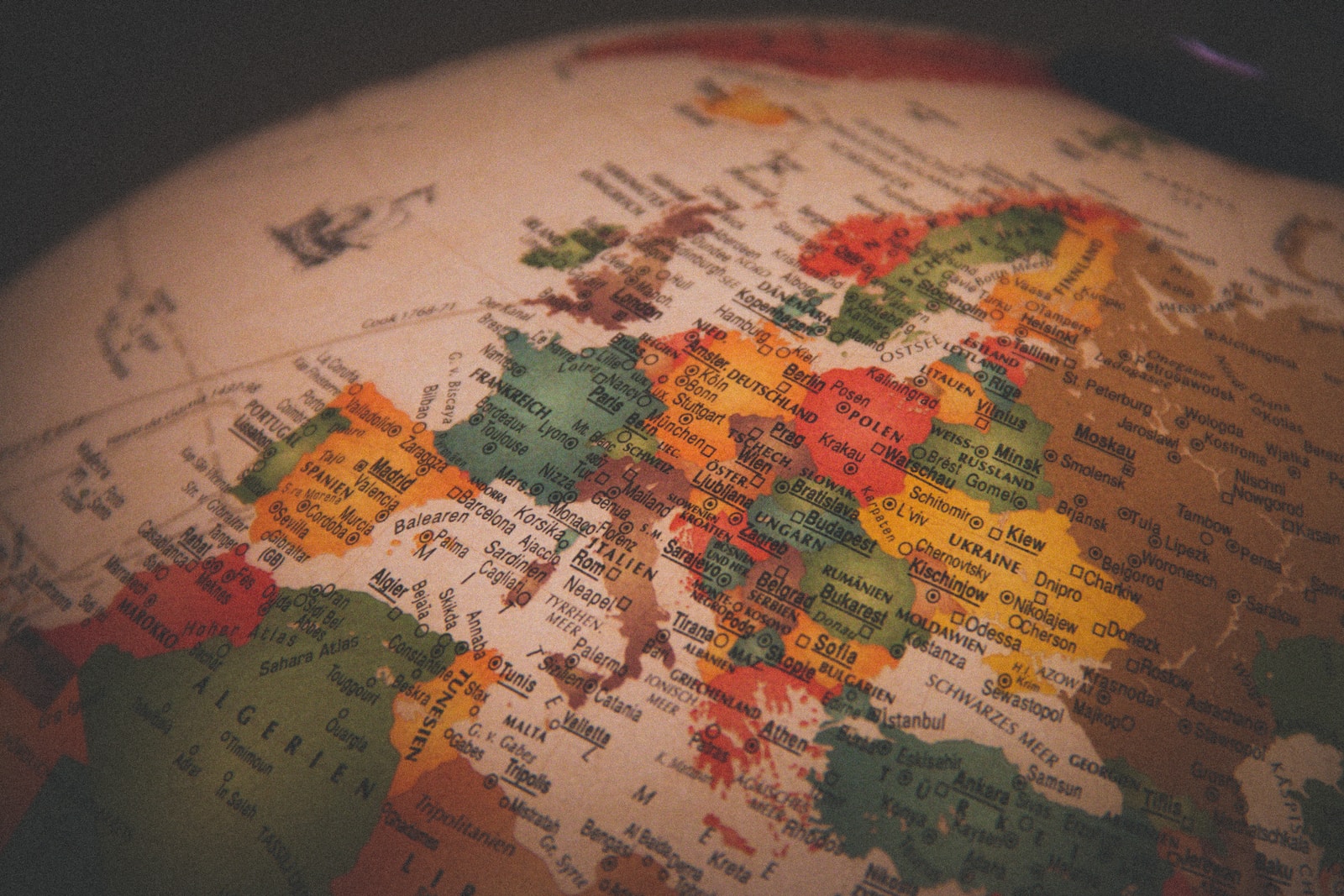
Exploring the Cosmos: The Pros and Cons of Moon Tourism
Is Moon Tourism the Next Frontier of Adventure or a Risky Endeavor?
Moon tourism is quickly becoming a buzzworthy topic as technology advances and the prospect of space travel becomes tantalizingly close to reality. Enthusiasts argue that the allure of experiencing the moon’s beauty and otherworldly landscapes makes for an entirely new form of adventure travel. Various companies are competing to make lunar trips available to the adventurous elite, sparking interest in what life could be like outside our terrestrial home. But while the promise of lunar escapades excites the imagination, it also brings forth questions about feasibility, safety, and ethics.
As we delve deeper into the possibility of Moon tourism, it's essential to weigh the benefits and the risks involved. From ecological impact to the risk of human lives, the advantages and disadvantages of traveling to the Moon must be carefully considered. This article aims to provide a comprehensive look into the prospective horizon of Moon tourism, its remarkable benefits, and its daunting drawbacks, guiding readers to form an informed opinion about this cutting-edge subject.
Pros
Moon tourism presents myriad benefits, enchanting not only adventure seekers but also astrobiologists and technology enthusiasts. The very idea of experiencing another celestial body sends shivers down the spine of space aficionados. But it's not just about the thrill of the adventure—Moon tourism could also lead to significant advancements in technology, economy, and international cooperation in space exploration. Let's delve into some impactful advantages that lunar trips could generate.
Missing a pro?
Cons
While the concept of Moon tourism teeters on the edge of excitement, we must confront the sobering reality of the risks involved. From financial costs to ethical implications regarding space exploration, Moon tourism could present significant disadvantages that cannot be ignored. Here we will examine several challenges that pose a threat to the feasibility and morality of lunar adventures.
Missing a con?
Conclusion
In weighing the advantages and disadvantages of Moon tourism, it becomes evident that this emerging domain of exploration represents both thrilling possibilities and daunting challenges. The notion of visiting the Moon can ignite excitement and wonder for many, but realizations of economic disparities, potential health risks, and environmental concerns also surface. As we navigate these uncharted waters, the path forward for Moon tourism must be addressed with extensive research and careful planning to ensure that humanity's first footprints on the lunar surface honor both adventure and responsibility.
What do you think?
Do you think the pros outweigh the cons?







